“Of course, we will make it out of here one day. But for now, we shouldn’t lose hope.”
Akshay (name changed on request), a convict at a Ghaziabad prison, could often be heard boosting the morale of his fellow inmates. Most of them had given up, presuming they would be confined to prison for the remainder of their lives. But Akshay would not accept this. “When we get out,” he would coax them, “we need to have something to show for our time spent here. So, let’s get to work.” His fellow inmates would cling to these words of encouragement.
Led by Akshay, the group would head to the designated computer centre within jail quarters, where Word, Excel, and the basics of typing would occupy them for the next few hours. These masterclasses were brought to them by the Delhi-based India Vision Foundation, which, for three decades, has aimed its programmes at rehabilitating and reintegrating incarcerated individuals into society.
Its founder, Dr Kiran Bedi, the first woman IPS (Indian Police Service) officer, launched the foundation with the prize money from her Ramon Magsaysay Award (1994). Through a host of programmes, the non-profit has been championing reforms in the prison system, both among inmates and officers.
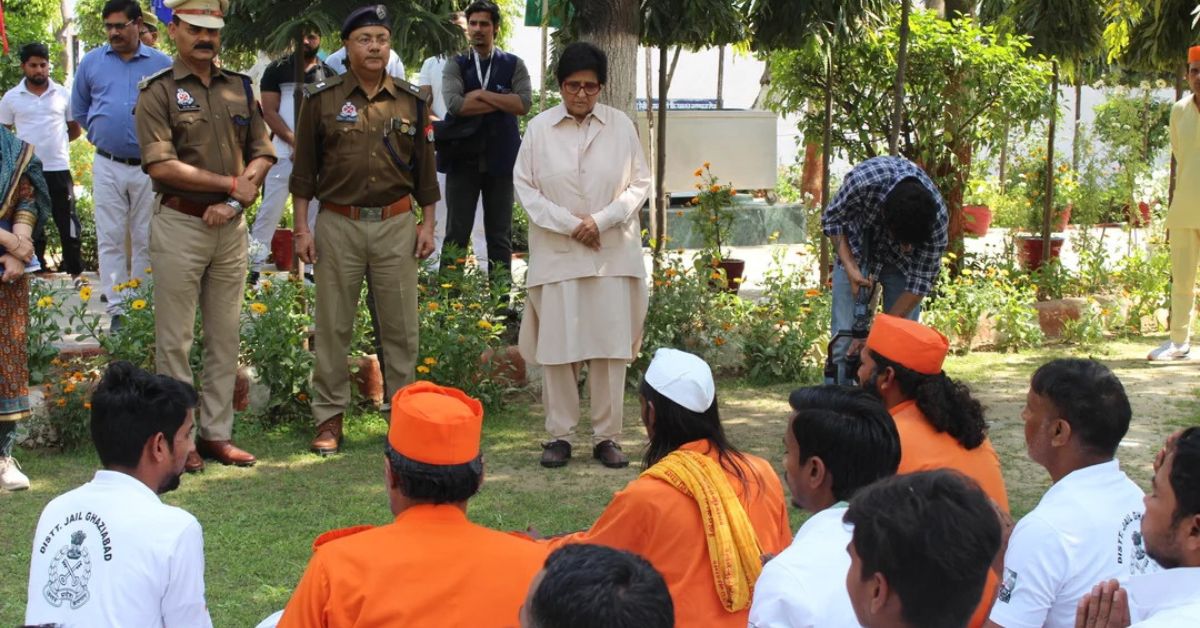
Their current beneficiary count stands at a million.
With initiatives spanning over a hundred prisons in India, the foundation is advocating change one grassroot effort at a time. While finding jobs is an apparent goal, Director Monica Dhawan notes that the broader vision is to equip every detainee with resources that empower them to make better choices once they leave the confines of jail.
‘Our goal is to save the next victim’
Dhawan remarks that the shock of imprisonment can dramatically alter a life, and new prisoners especially need consistent counselling and psychological support to help them believe that incarceration is not the end of their lives. “The aim is to instil hope and encourage them to leave behind the crime and circumstances that led them to prison, giving them a chance for a fresh, productive start.”
However, returning to normalcy is easier said than done, owing to the social stigma that follows a conviction. This is compounded when verdicts are delayed, often through no fault of the individual.
Such delays have ripple effects on the prison system. Undertrials, whose cases are delayed by constant adjournments, make up 76 percent of India’s prison population. Jail overcrowding is often a direct consequence of this, leading to a lopsided staff-to-inmate ratio that undermines the ability of prisons to function as correctional facilities.
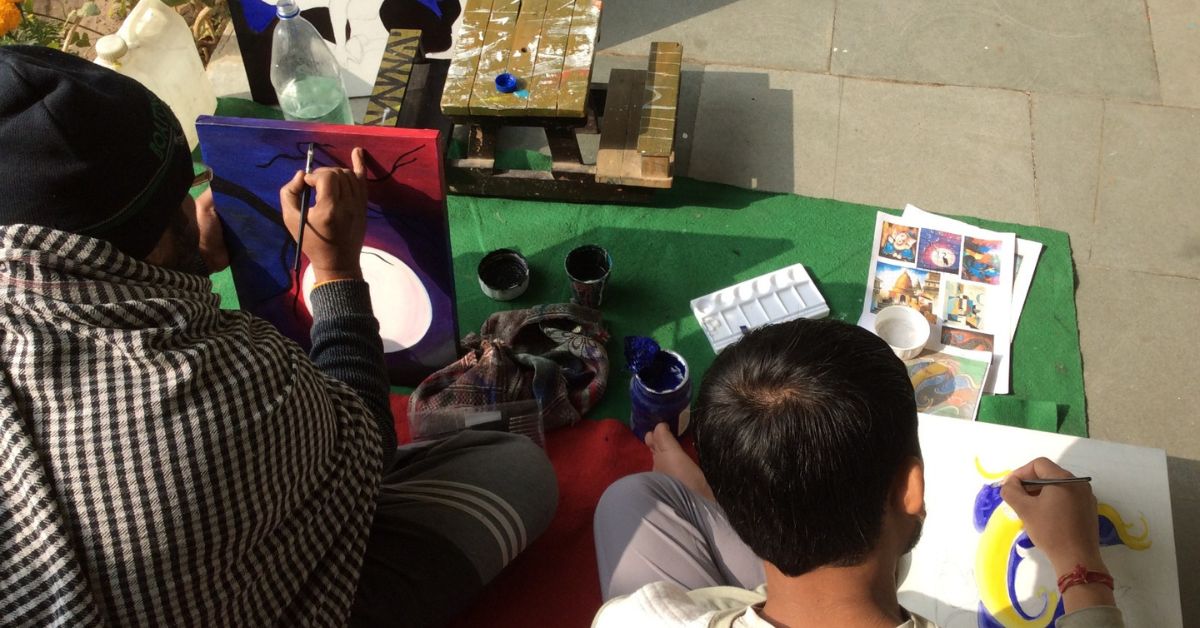
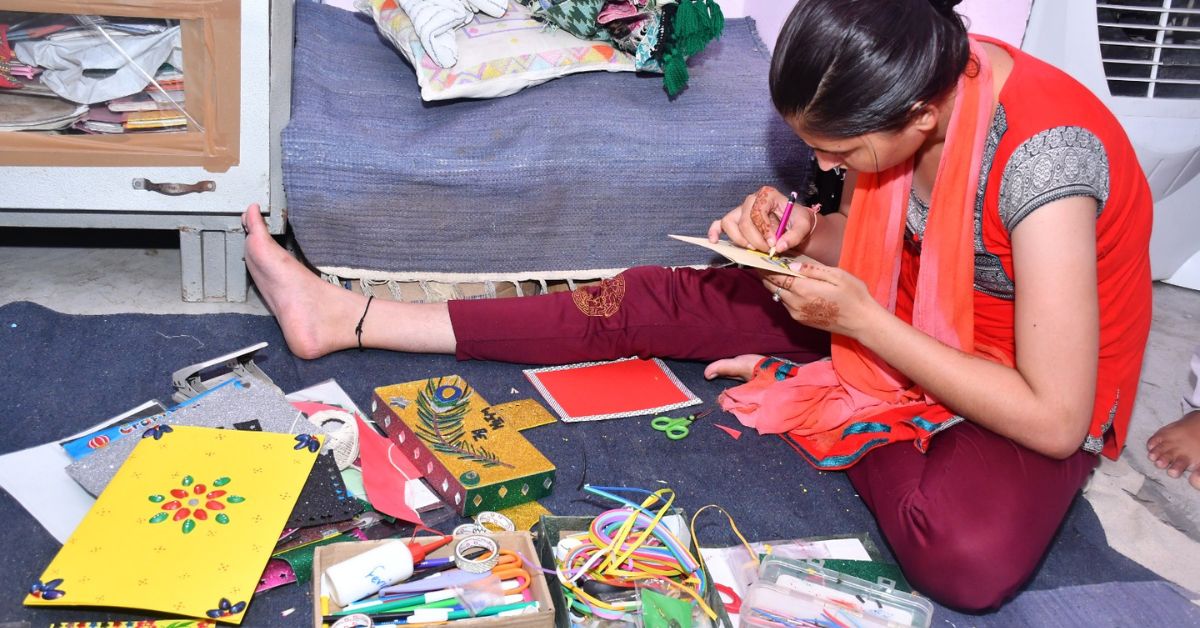
The question begs to be asked: without proper guidance, how can detainees be expected to recalibrate their lives once they leave jail? The quest for answers led Dr Bedi to design a model that would hand-hold convicts, not just during their sentence but also post-acquittal.
A holistic model targeted at supporting inmates and their families
“I was always interested in computers,” Akshay boasts. He then lists a series of tech-related odd jobs that he held prior to his conviction, though he hadn’t ever pursued a formal degree. “So, I used my time in jail to complete a computer course, which I’m sure will help me get a good job.”
Akshay also used his time in prison to hone his artistic skills. Now, as a free man after being declared innocent by the court in July 2024, he is enthusiastic about the new opportunities he believes will open up in the job market. Akshay credits the foundation’s ‘Inside Prison Program’ — which impacted over 2,68,853 inmates last year — for giving him this new lease on life. He says that it helped him preserve his sanity while in prison.
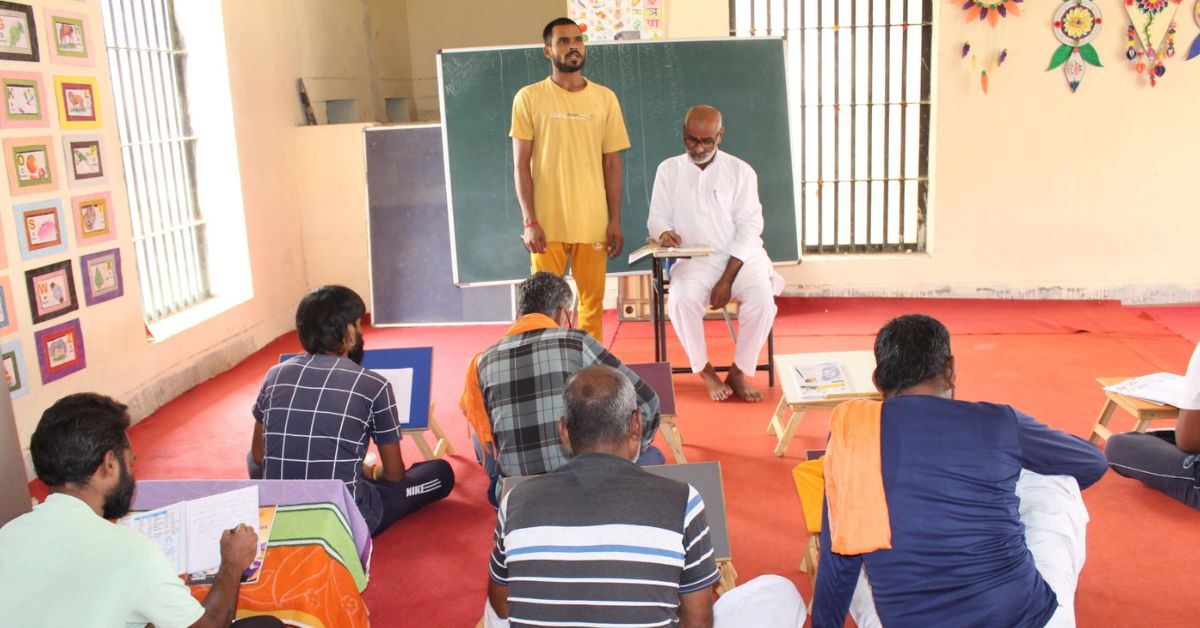
Another beneficiary, Roshni, mirrors the sentiment. While sentenced to years in Delhi’s Tihar Jail, Roshni found solace in the company of the children at the creche inside prison quarters. The hours she spent playing with them made the time away from her four-year-old daughter a little more bearable. The children in her care were those whose parents were in custody.
The creche is modelled on the belief that children shouldn’t pay with their childhoods for a crime they did not commit. One of the beneficiaries, Vanita (name changed on request), called this creche ‘home’ for the first three years of her life while her mother was detained. She grew so fond of it that she sorely missed it when she later moved to a hostel during her schooling. Vanita was extended support as part of the foundation’s ‘Children of Vulnerable Families Program’.
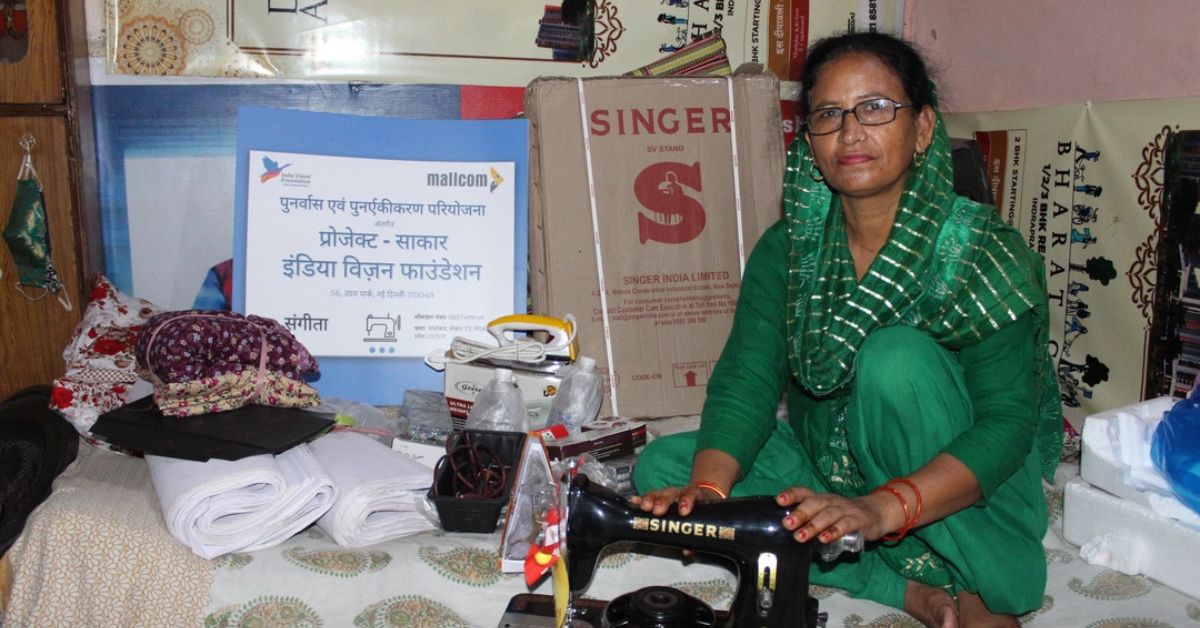
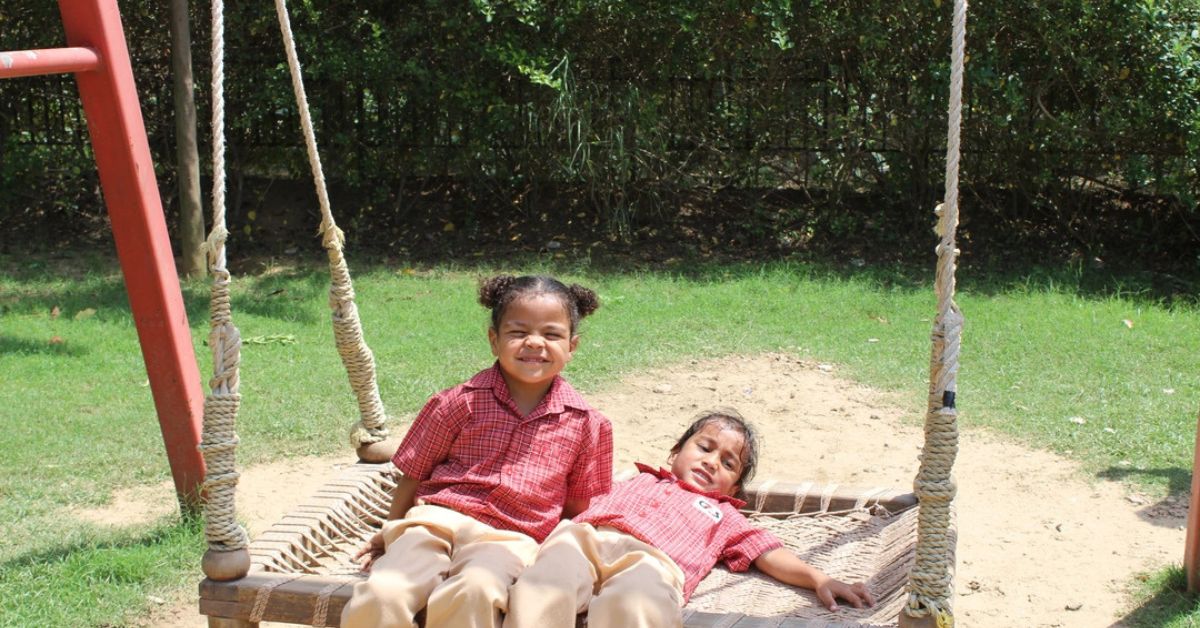
She recalls the day a certain Kaamini ma’am (one of the team members of India Vision Foundation) floated the idea of the hostel to her mother. “Ma’am was an angel in our lives. I remember her assuring my mother that the hostel was safe and that I would be taken good care of there. She gave our lives a new direction.”
Right enough, Vanita has excelled. But she says she couldn’t have done it alone. “The weekly counselling sessions made me feel I wasn’t alone. I always had someone to share my feelings with. I am inspired by the foundation and Dr Kiran Bedi who started it. I, too, want to grow up to become a civil servant and give my mother everything she deserves.”
Creating a world where prisoners do better
A punitive or brutal approach finds no place in the foundation’s decorum. Instead, they believe love and care can transcend prison bars.
Their ‘Rehabilitation & Reintegration Program’ is a step in the same direction, aimed at combating post-release recidivism — the tendency to relapse into criminal behaviour. Many ex-prisoners agree that once acquitted, returning to their old lives can be daunting. There is always the fear, they say, of having to carry a tainted self-image through life.
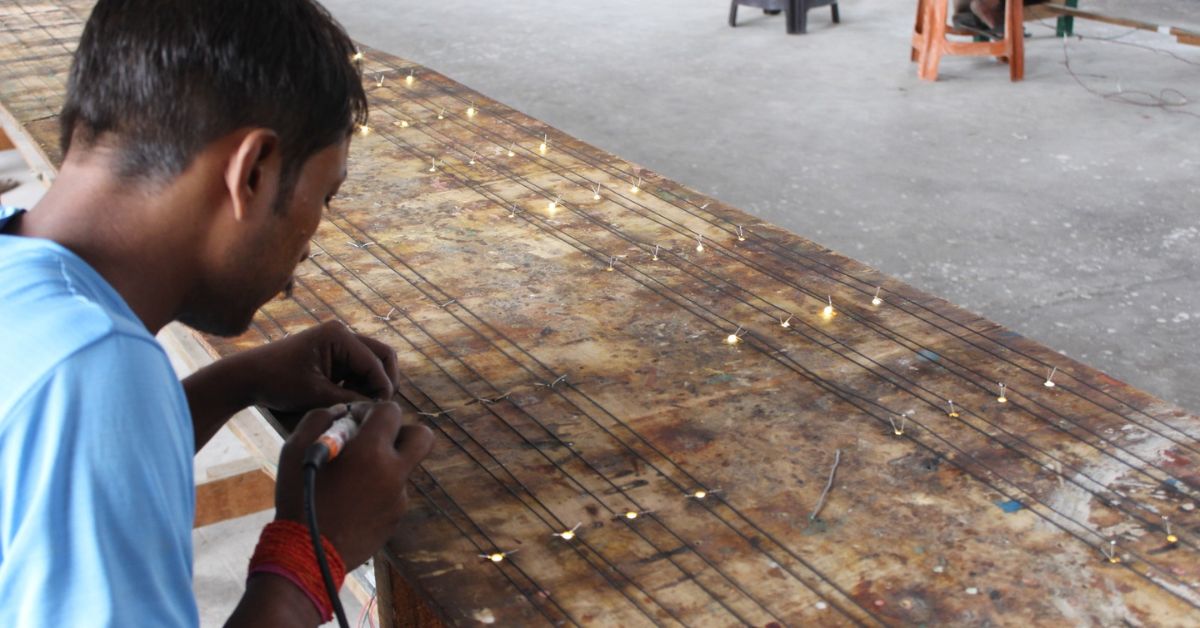
The programme, Dhawan explains, steps in with hope. “It enables released inmates to embark on a new journey by leaving their prison life behind. By helping them recognise their talents, it strengthens their self-respect, thus reducing their chances of reoffending.”
But it takes two hands to clap.
“While it is essential to bring physiological and psychological changes to the inmates, it is equally important that the prison officials develop a sense of empathy. They must learn how to resolve prison problems, see inmates as works in progress, and treat them like a human resource. This will help create an environment favourable for their emotional, social, physical, and psychological development. It is crucial to address the attitudes of prison staff, who may harbour preconceived beliefs that inmates are beyond redemption or incapable of change,” Dhawan shares.
Last year alone, 616 prison officials across India were trained as part of these sessions.
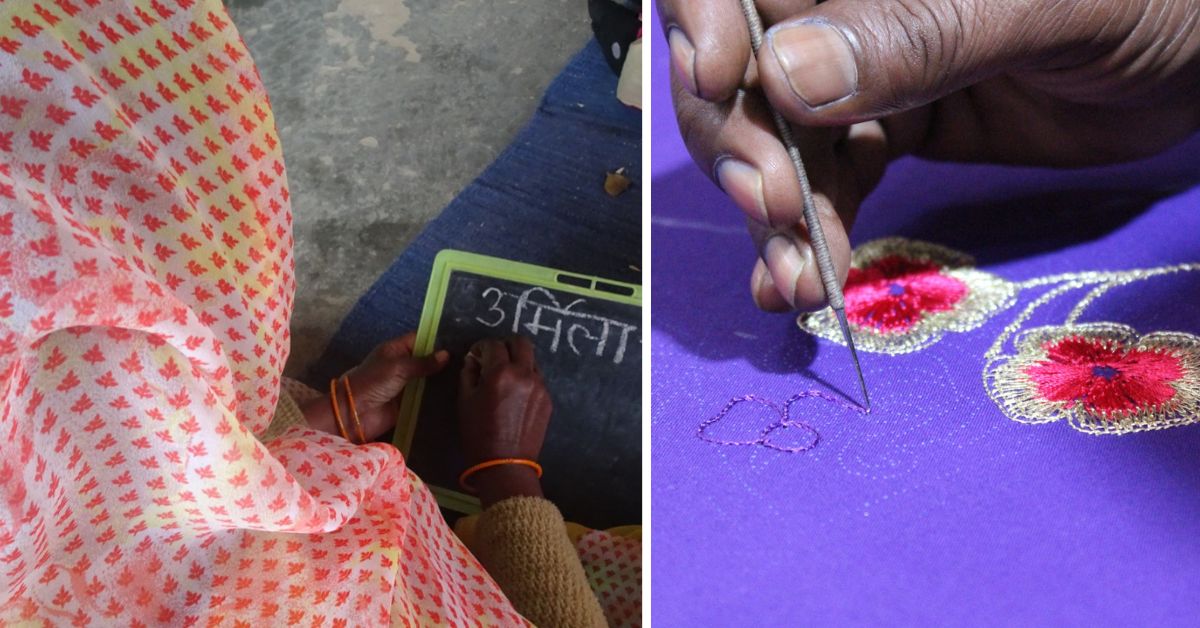
While the foundation’s statistics are a nod to its success, for Dhawan and the other leaders, it’s the stories of individuals who rise despite the odds that give them the validation they need. A particular one that Dhawan is fond of retelling is that of a convict sentenced to lifetime imprisonment.
“Despite multiple counselling sessions, it seemed nearly impossible to persuade him to participate in the programmes offered inside the prison. But eventually, he agreed. He trained as a Radio Jockey (RJ) and now successfully runs the ‘Radio Parvaaz’ programme inside Gurugram prison,” Dhawan says.
This, she smiles, is what India Vision Foundation aims to do. Through their endeavours, they are writing a new script for convicts, one that encourages them to live a future that is not dictated by the past.
Edited by Khushi Arora
No comments:
Post a Comment